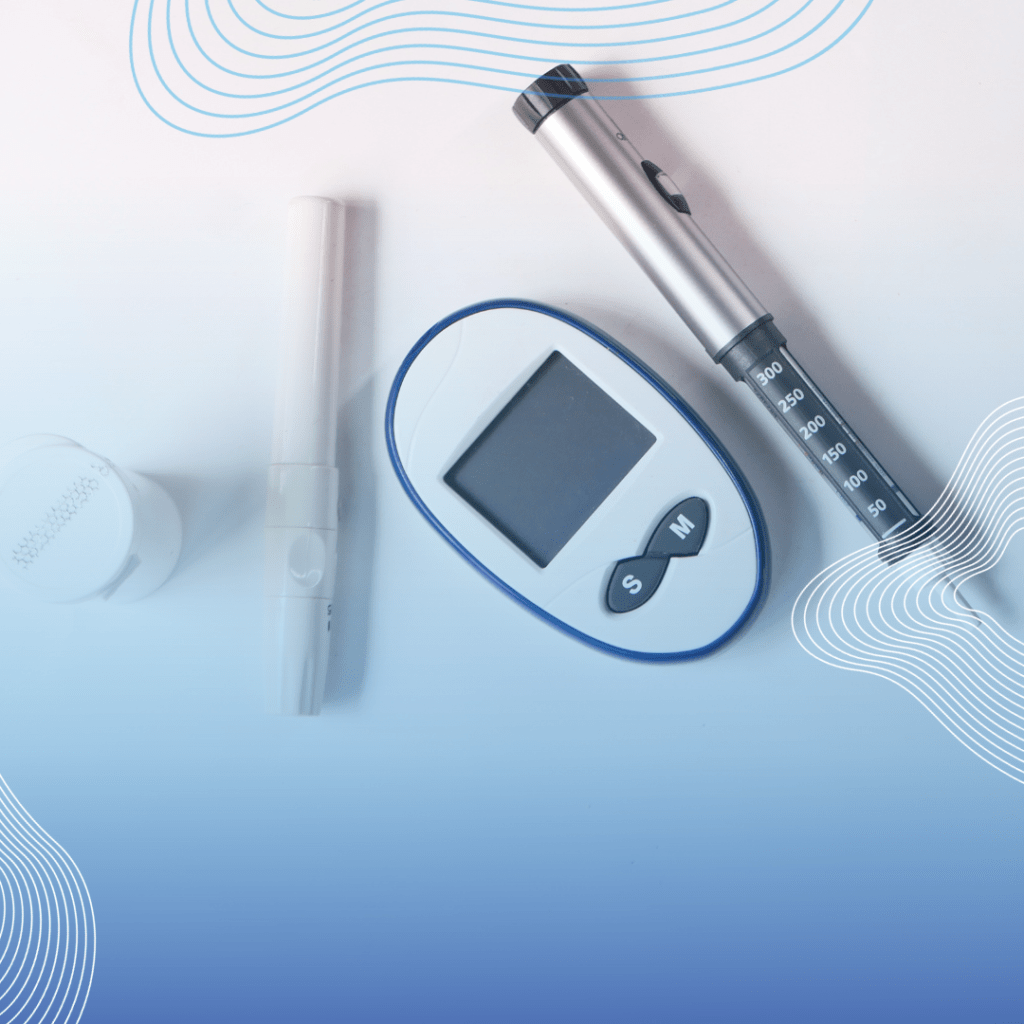Despite being a word that is frequently ignored, prediabetes is a crucial step in the development of type 2 diabetes. For people who wish to take charge of their health and delay the arrival of a full-blown diabetes diagnosis, understanding prediabetes is essential. We will cover everything you need to know about prediabetes in this thorough guide, including its definition, risk factors, symptoms, and treatment options.
What is Prediabetes?
Blood sugar levels that are above normal but not yet high enough to be categorized as type 2 diabetes are called prediabetes. It is a symptom that your body is having trouble maintaining healthy blood sugar regulation. Prediabetes can develop into type 2 diabetes, which has major health implications if it is not treated.
Key Information:
Prediabetes Statistics:
Approximately 88 million adult Americans have prediabetes, according to the Centers for Disease Control and Prevention (CDC), and the majority are completely unaware of their condition.
Without treatment, type 2 diabetes will develop in 15–30% of prediabetic individuals within five years.
Blood Sugar Levels:
While the normal range is below 100 mg/dL, fasting blood sugar levels in prediabetes frequently range from 100 to 125 mg/dL.
The HbA1c test is another one, with a value between 5.7 and 6.4% indicating prediabetes.
Risk Factors:
Several factors increase your risk of developing prediabetes, these may include:
Family history: Having diabetes in your family increases your risk.
Age: As people get older, especially beyond age 45, prediabetes becomes more prevalent.
Weight: Being fat or overweight greatly raises the risk.
Physical inactivity: Sedentary behavior can increase the risk of developing prediabetes.
Diet: An eating pattern that is high in processed foods, sugary drinks, and poor in fiber may pose a danger.
Symptoms of Prediabetes:
It’s crucial to get regular check-ups and blood testing because prediabetes frequently has no obvious symptoms. However, people may occasionally encounter:
Increased Thirst: It may be an indication if you feel particularly thirsty.
Fatigue: The state of feeling exhausted despite enough rest.
Blurred Vision: High blood sugar levels have been linked to vision issues.
Prevention and Management:
The good news is that prediabetes is reversible and that you have a number of management or prevention options available to you, let us check them out:
1. Modifications to lifestyle
A balanced diet high in fruits, vegetables, whole grains, lean meats, and healthy fats is the key to a healthy diet. Eat less processed and sugary meals.
Regular Exercise: Aim for 150 minutes or more a week of aerobic activity at a moderate level.
Reducing Stress: High levels of stress might have an impact on blood sugar. Use stress-reduction methods like yoga or meditation.
Medication: Your doctor may occasionally advise a drug called Metformin to help regulate blood sugar levels.
Regular Check-Ups: Track your blood sugar levels on a regular basis. Take a HbA1c Test and show up to your healthcare provider’s follow-up appointments.
Learn about managing diabetes and prediabetes so that you may make decisions about your health that are well-informed.
Why It’s Crucial to Address Prediabetes:
Prediabetes must be taken seriously for a number of reasons:
Type 2 diabetes prevention: You can reduce your risk of developing type 2 diabetes by changing your lifestyle.
Reducing Health Risks: Heart disease, stroke, renal issues, and nerve damage can all be brought on by high blood sugar levels. These risks are reduced by treating prediabetes.
Improved Quality of Living: Making lifestyle adjustments to control blood sugar can result in a healthier and more fulfilling living.
Conclusion:
Millions of people worldwide suffer from the condition of prediabetes, and its frequency is rising. Prediabetes can fortunately be reversed, and the chance of acquiring type 2 diabetes can be considerably decreased, with knowledge, early detection, and proactive lifestyle adjustments. For a comprehensive evaluation and advice on prevention and management, speak with your healthcare professional if you have any risk factors or experience symptoms of prediabetes. Keep in mind that if you take charge of your health today, the future will be better and more promising.



